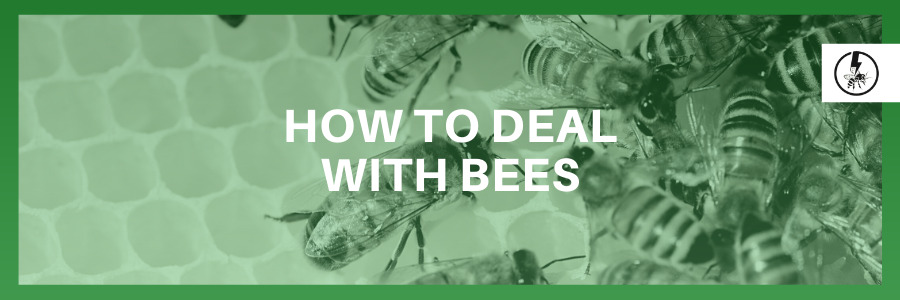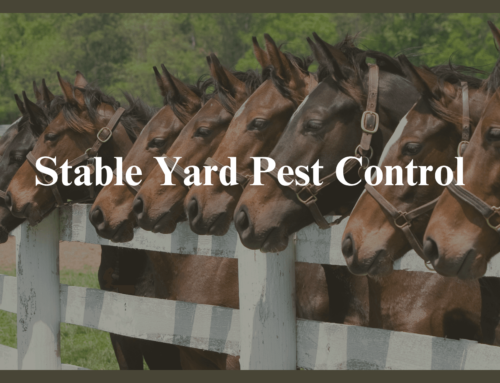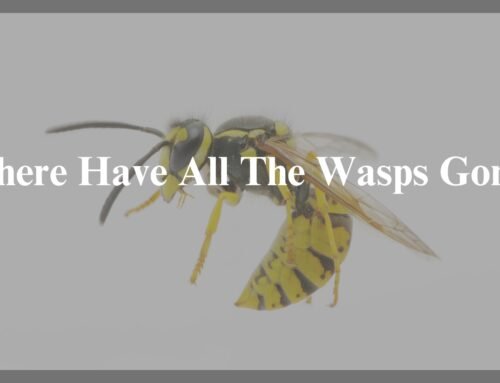How to deal with bees
Bees aren’t your regular pest, most people including us, love them! Something you may not know is that bees are not actually protected, we do everything we can to remove bees without harming them. However, if bees are in an inaccessible area unfortunately they will need to be destroyed.

How to deal with bees?
Eradication should always be the last step in dealing with bees. First step would be in considering leaving them alone, after the summer season most bees will go away and not return the following year, by the time a colony has become obvious its activity will be about to decline naturally. In most cases a nest can simply be left alone but in cases where they appear in bushes, trees or sheds then relocation is the next best option. Only in situations where the nest location is dangerous and removal is not possible should eradication be seen as an option.
Our bee control treatments follow a 3-step programme
- Carry out a professional survey to work out where the bees are located.
- Use the appropriate steps to determine the best method to deal with the bees.
- Advise you on the proofing measures needed to prevent the bees from causing you any more problems and carry out any work needed.
As a part of a responsible pest management industry, we’ve pledged to educate customers on the benefits of bees as pollinators, their behaviour and their lifecycle – before taking any lethal action.
We offer a range of bee control treatments across Cambridgeshire, Essex and Suffolk from one off visits to contracts for homes, businesses, equine and agricultural premises.

How do I know if I have a bees nest?
Bees sometimes make their way into homes while looking for a place to nest. The insects prefer dark and protected areas, so wall voids or chimneys often fit their needs. Any living space exposed to the outside is at risk for bee infestations. Some species that nest in wall voids fly inside the living space through baseboards, electrical outlets, and cracks in walls.
If you have a bee problem, contact Eraserpest straight away. We will be with you within 24 hours to carry out the treatment. https://www.facebook.com/eraserpest
Are bees dangerous?
In general, bees only sting to protect themselves or defend a nest. Most stings are only mildly painful, but some people may have an allergic reaction.
If you are stung by a bee, if possible, wait for the bee to unhook itself and fly off.
Be(e)haviour
Bees are very social, with only a few species such as honey and bumble bees being solitary. Colonies are made up of the queen, female work bees and male drones.
The queen mates and lays eggs for the span of her life. Honey bee queens can live up to five years, though most average a lifespan of two to three years. Male drones exist solely to fertilise the queen and die soon after having fulfilled their task. Female worker bees perform a multitude of tasks necessary to the survival of the hive. As a result of their constant labouring, their average lifespan is usually a mere six weeks.







